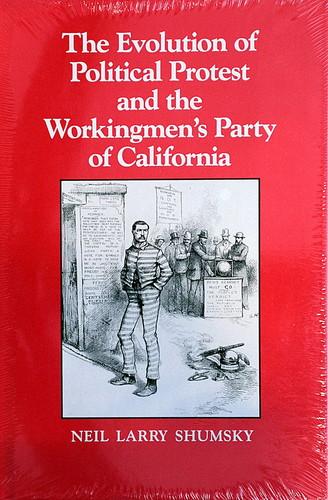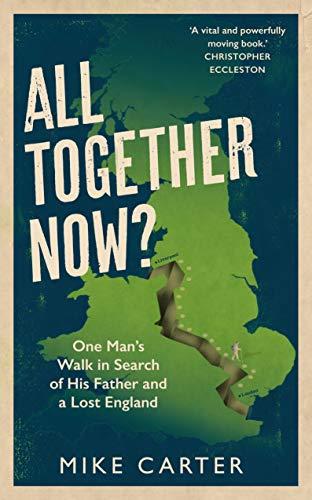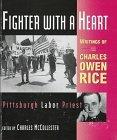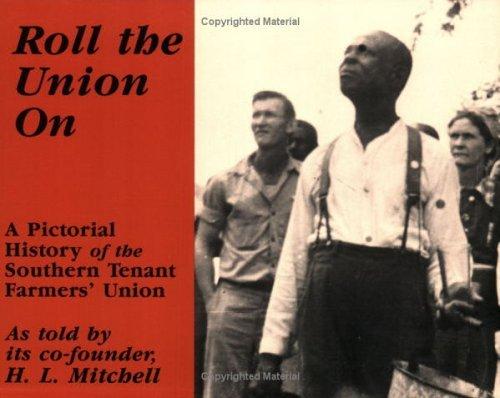Political science , Social movements & Activism
The Evolution of Political Protest and the Workingmen's Party of California
Description Neil Larry Shumsky's examination of the July 1877 San Francisco riots and the subsequent development of the Workingmen's Party of California brings together two previously unlinked phenomena--the crowd and the political party.In Europe, the crowd had long been used as a form of protest by people without access to more formal political processes and institutions. But in San Francisco in 1877, European immigrants, incensed by what they perceived as a government/business conspiracy to deny them opportunity by employing Chinese immigrants at much lower wages, found that forming a crowd and rioting led not to recognition and negotiation but to the use of overwhelming force to crush them. City officials and civic leaders demanded that the rioters use party politics, not the mob, to vent their anger and dissatisfaction; these officials believed that the recent development of democratic political ideologies now gave everyone access to formal political institutions. Crowd behavior and the personal and property damage it resulted in was no longer necessary and would not be tolerated.The rioters, however, did not know how to use party politics. To learn, they begin to join the Workingmen's Party of California, which, Shumsky demonstrates, possessed the characteristics of a crowd while employing the tactics of a party. The WPC served as a transitional stage, teaching people how to establish formal organizations and behave institutionally. Overturning previous assertions that the party's anti-Chinese position provided the major lure for new members, Shumsky shows that many other budding parties, political organizing, the use of petitions, and the use of the vote drew the Europeans. In the end, they learned to use democratic institutions to replace crowd violence.
- Shumsky, Neil Larry
- Ohio State University Press
- 1992
- 416
- Hardback
- 9780814205518
Поткатегории











